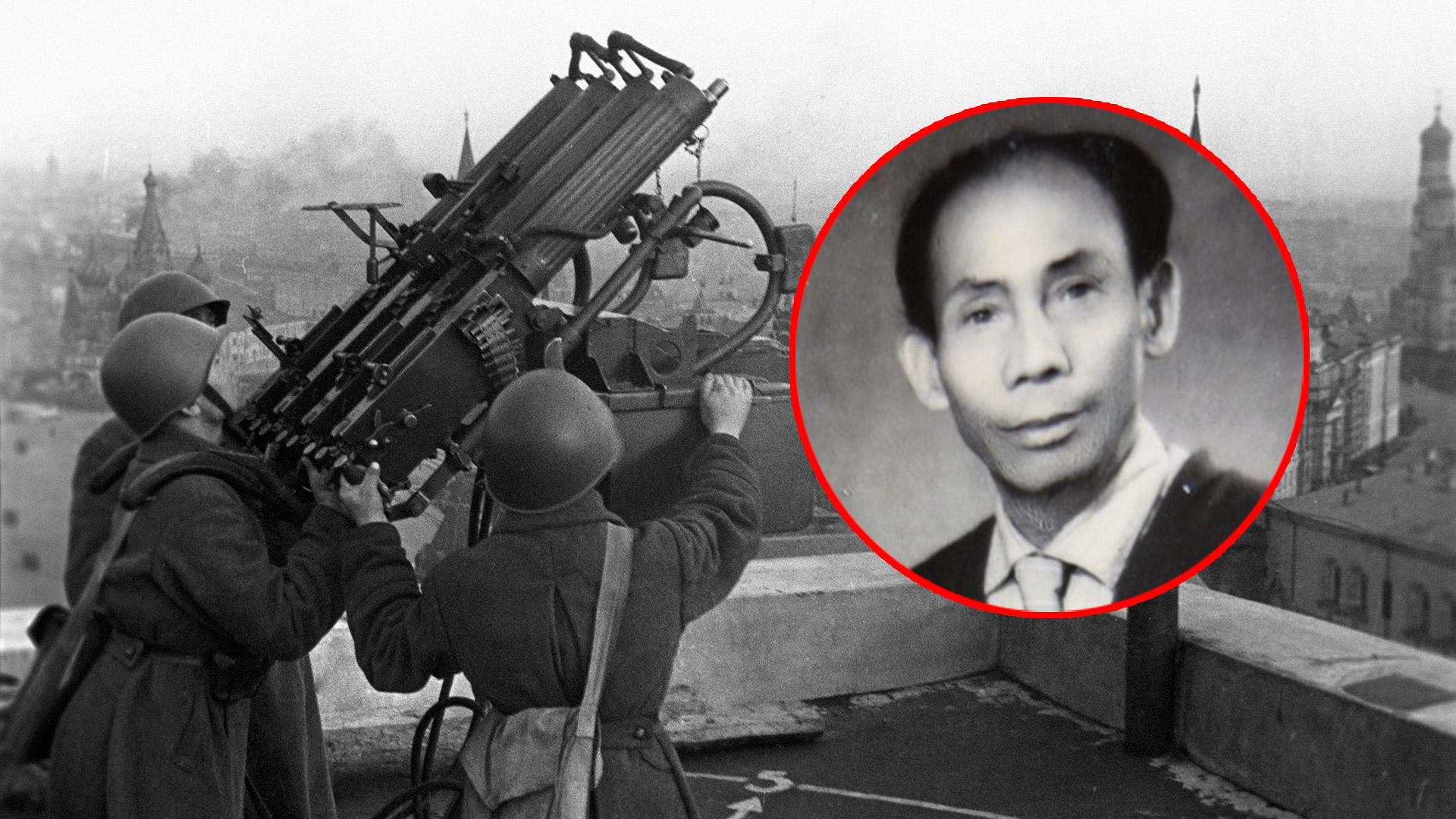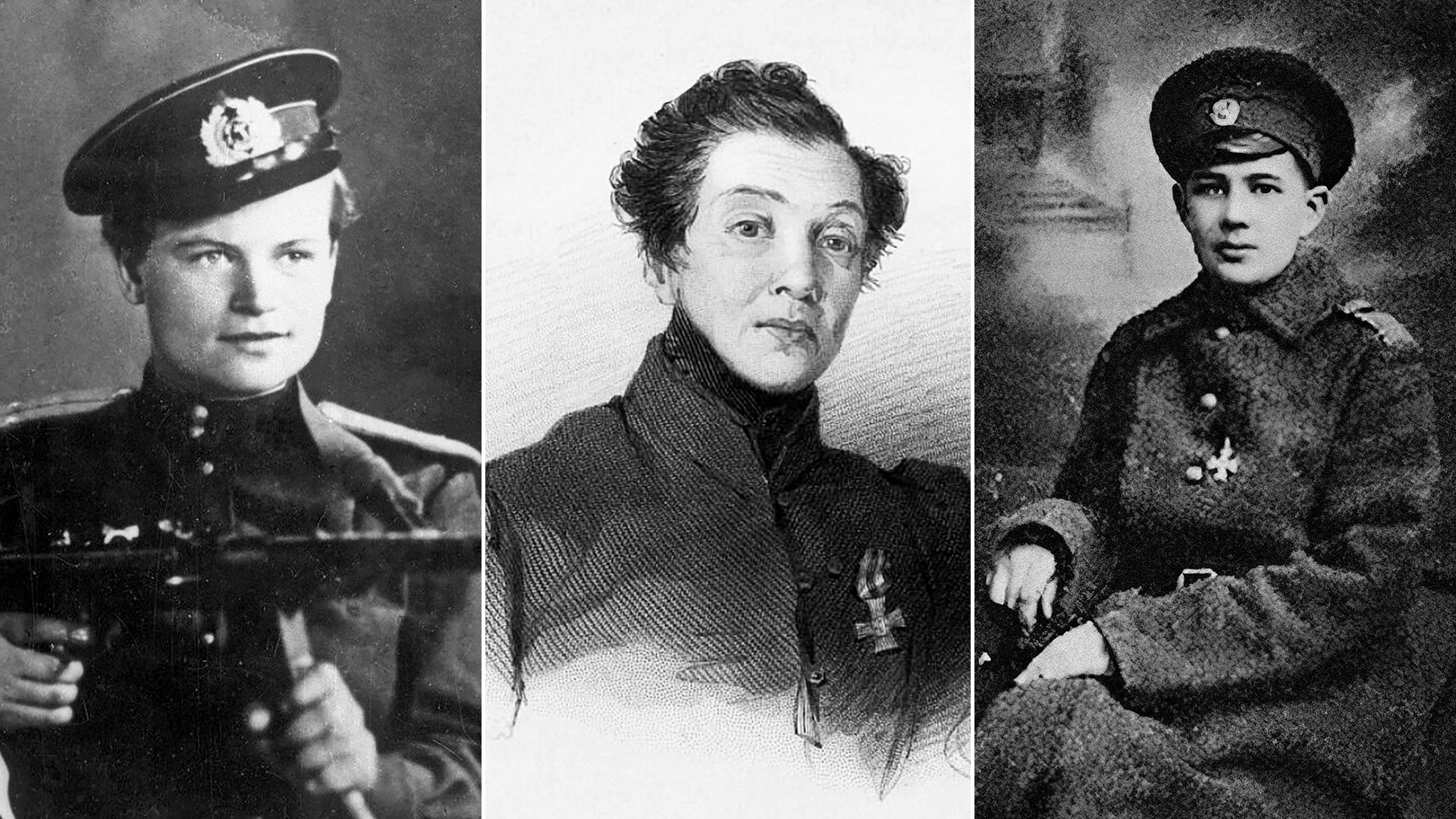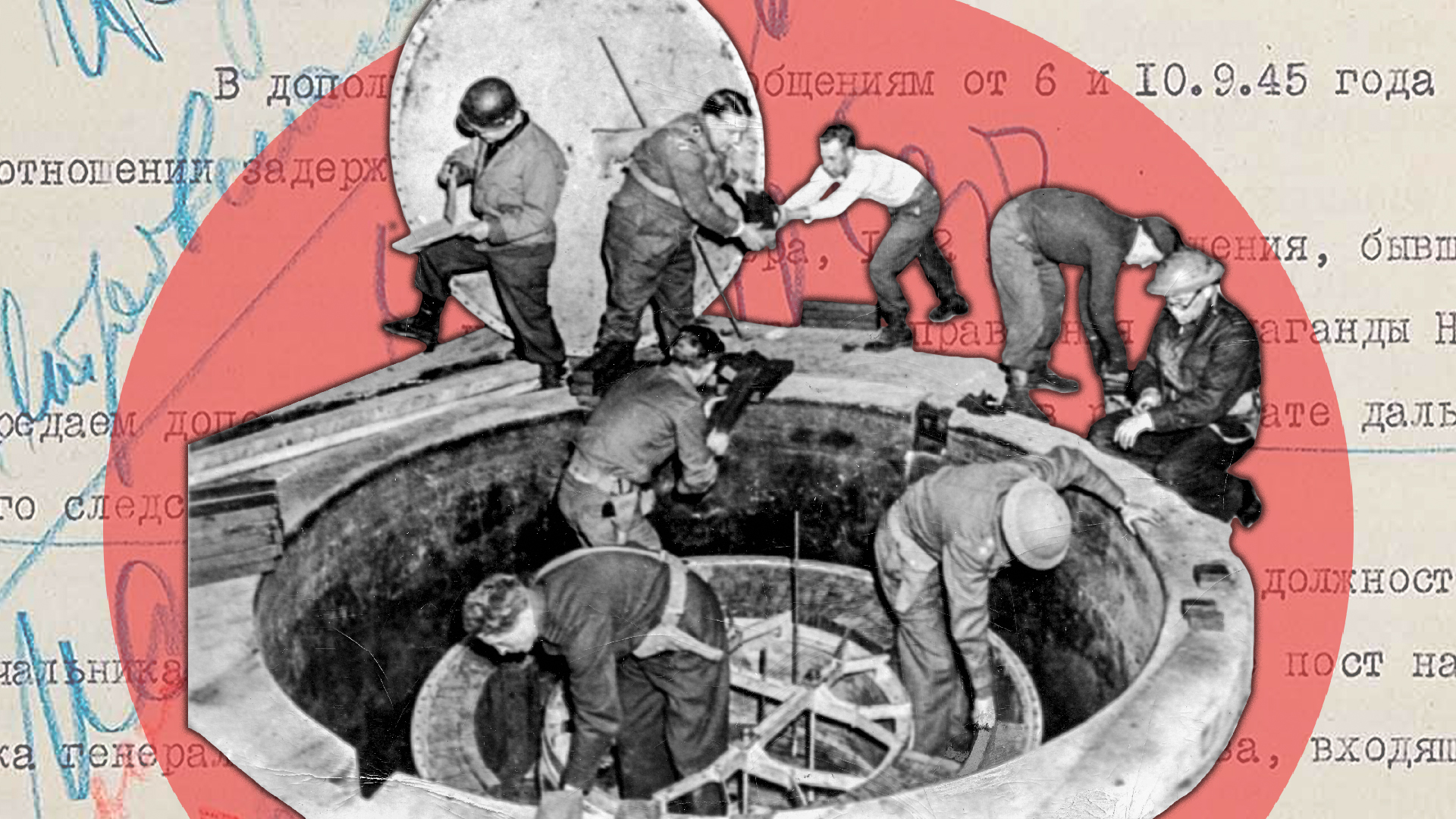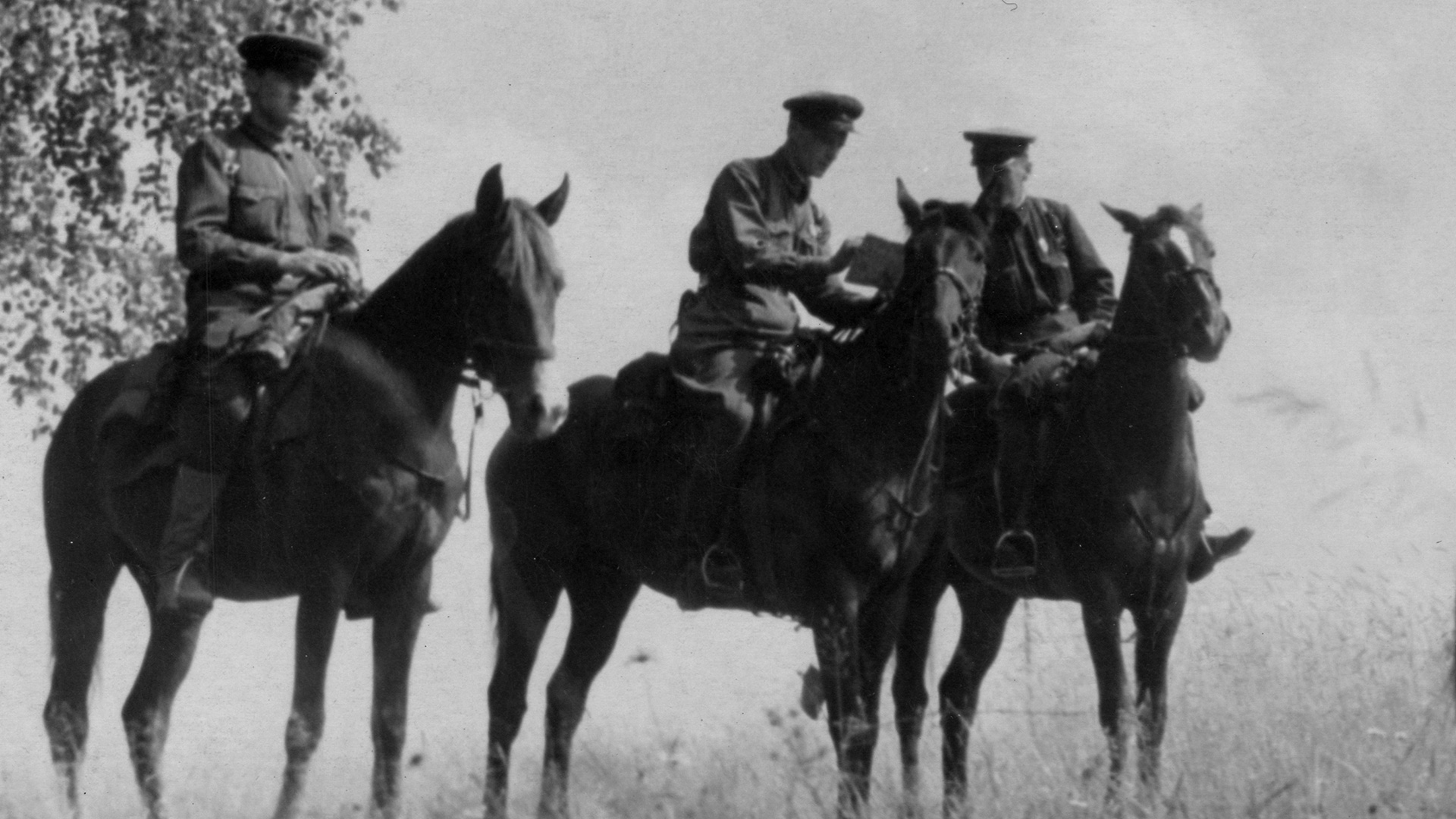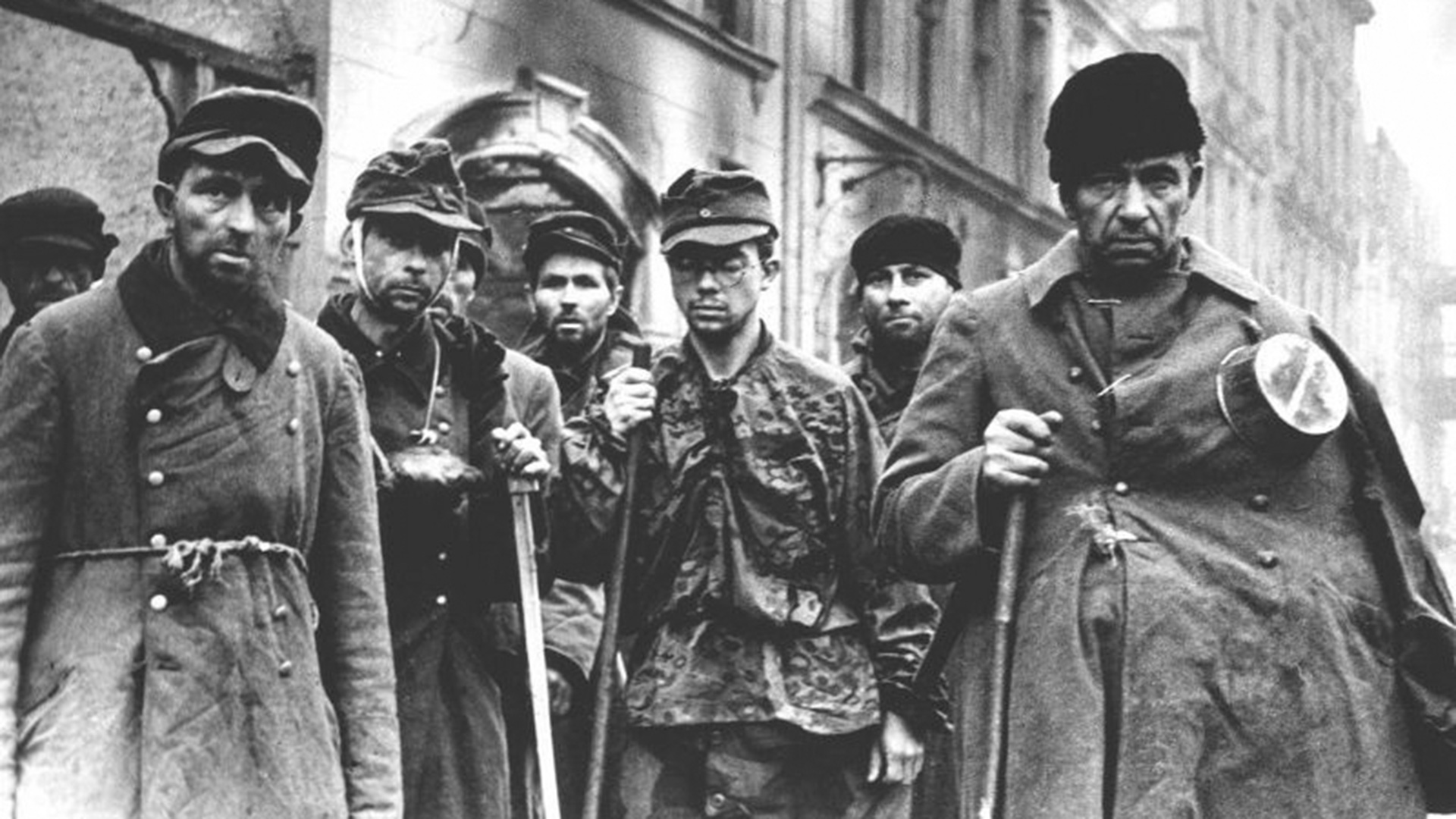
Why did Nazi Germany attack the USSR on June 22, 1941?

In fact, the Third Reich planned to begin the invasion of the Soviet Union much earlier. According to the ‘Operation Barbarossa’ plan, all preparations for the military campaign were to be completed by May 15, 1941.
Up to five months were allocated for the defeat of the Red Army and the entry to the strategic Arkhangelsk-Astrakhan line, before the onset of the fall thaw in October. However, events in the Balkans upset all plans.
 Belgraders demonstrate their support for breaking with the Tripartite Pact on 27 March, during the Yugoslav coup d'état.
Belgraders demonstrate their support for breaking with the Tripartite Pact on 27 March, during the Yugoslav coup d'état.
On March 25, 1941, Yugoslavia joined the German-led military-political bloc of the ‘Axis’ countries, which caused an explosion of discontent in the country. On the night of March 27, a coup d'état took place in Belgrade, Prince Regent Paul was overthrown and the pro-German government was arrested.
The Germans responded immediately. On April 6, the Wehrmacht invaded Yugoslavia. On April 7, Italian troops crossed the Yugoslav border and, on April 11, Hungarian troops did the same.

On April 6, the German invasion of Greece began, where the Italian army suffered constant setbacks. Both military campaigns were successful for the Nazis: On April 17, Yugoslavia capitulated and, by the end of April, the Greek troops were routed, with the British Expeditionary Force being hastily evacuated from the Peloponnese.
Despite the results being achieved so quickly, the military campaign against the USSR had to be postponed. Time was needed to establish an occupation regime in the Balkans and a number of units needed to be redeployed from the peninsula to the border with the Soviet Union.
 German tanks rumbling through the historic streets of Athens.
German tanks rumbling through the historic streets of Athens.
On June 10, 1941, the order was issued by Walther von Brauchitsch, Commander-in-Chief of the German Ground Forces, setting a new date for the attack on the Soviet Union. It stated: “It is proposed to consider June 22 as Day ‘D’ of ‘Operation Barbarossa’.”


